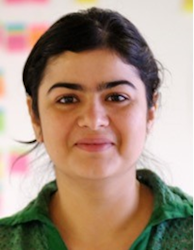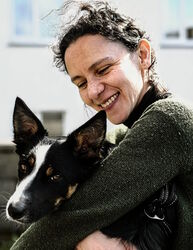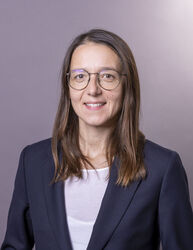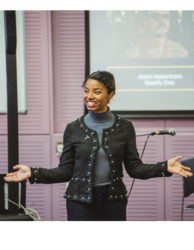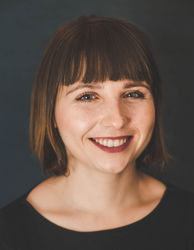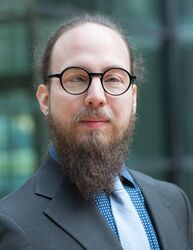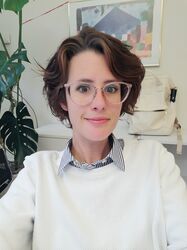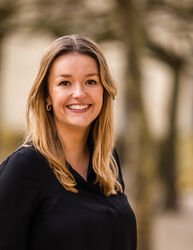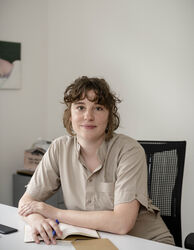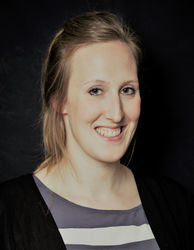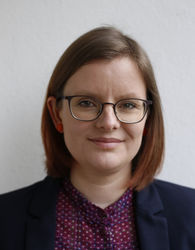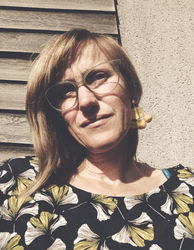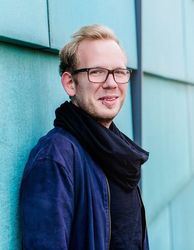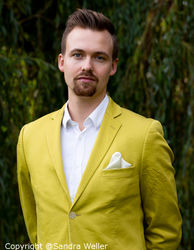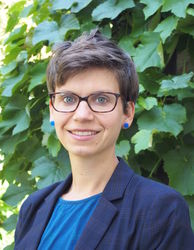Anukriti Dixit, Interdisciplinary Center for Gender Studies, University of Bern
Dr. Anukriti Dixit is a postdoctoral scholar at the Interdisciplinary center for gender studies, University of Bern. Her primary areas of work are public policy, gender and social policy as well as development studies. She works on applications and critiques within public policy and development studies - that come from feminist theory, poststructuralist and (post/de) colonial theories. Her work seeks to illustrate how theories such as intersectionality, productive power, subjectivation, performativity and decoloniality offer a chance to effect social and political change and what relevance do they have in analyses of public policies. She is the reciepient of the Swiss government excellence scholarship for 2019-2020 and the small grant for feminist research (2018-2019), sponsored by the Ford Foundation.


